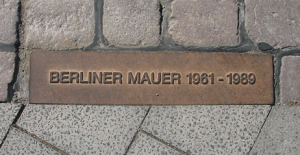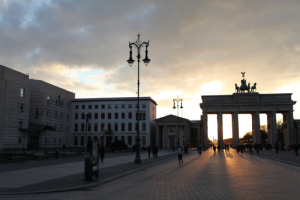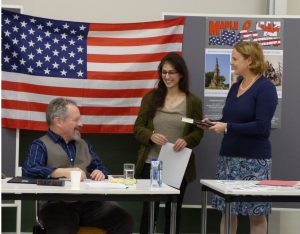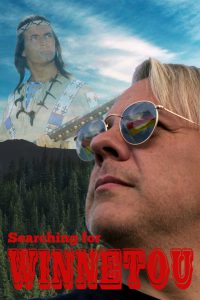By Maria Moss and Sabrina Völz
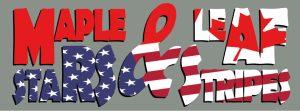
We’re in our ninth year of Maple Leaf & Stars and Stripes– if this lecture series were a child, it would be in third grade by now.
We’re especially proud to announce this year’s bilingual (German/English) kickoff talk by Peter Wortsman, New York author and translator of Austrian-Jewish descent. Interestingly, he’s the recipient of the Geertje Potash-Suhr Prosapreis. Citizens of Lüneburg will recognize this prestigious award, named after former Lüneburg resident Geertje Suhr.
On October 24, we will also be announcing the winner of the American Studies Blog contest in the Access America category. The writer of the winning blog, which will be posted on October 30, will be present.
Please join us for an exciting evening in building 12, room 013, from 18:15 to 19:45 at Leuphana University Lüneburg, Universitätsallee 1. Click here for the campus map.
All lectures are open to the public – and feel free to bring a friend!
Oct. 24
Peter Wortsman (writer and translator, New York), “Reading from Stimme und Atem. Out of Breath, Out of Mind”
Nov. 14
Michael Louis Moser (TU Dresden), “The Evolution of Political Moments on Network TV: Late Night from Steve Allen to Stephen Colbert”
Nov. 21
Andreas Hübner (Leuphana), “’Their motto is not liberty, but slavery’: Confederate Monuments, White Supremacy, and the Legacy of Jim Crow”
Dec. 12
Helga Bories-Sawala (Universität Bremen), “Indiens, Sauvages, Amérindiens, Premières Nations: Das Bild der Indigenen in den Geschichtsbüchern Québecs”
Jan. 9
Silke Hackenesch (Universität zu Köln), “Transracial Adoptions in Postwar America”
Jan. 23
Mieke Roscher (Universität Kassel), “Current Objectives of Historical Human-Animal Studies: Interspecies Societies after the Animal Turn”
